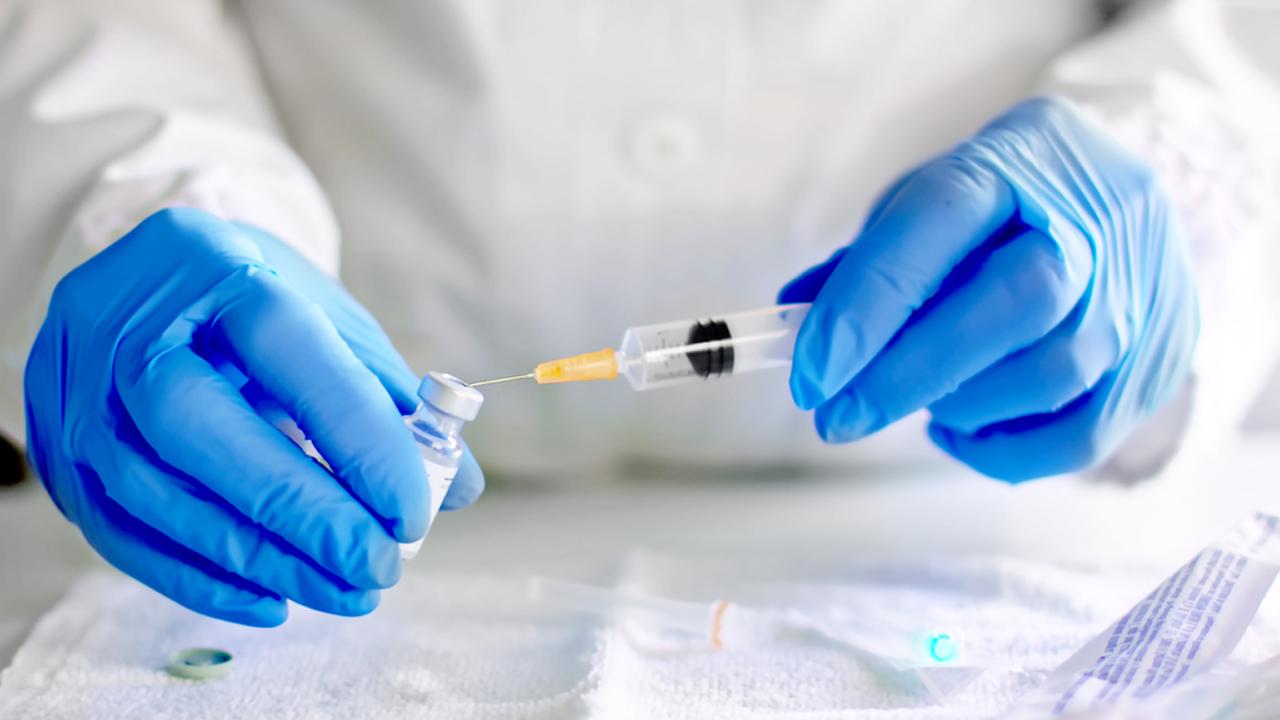Coronavirus vaccine distribution will take 8,000 cargo jets: IATA
According to Johns Hopkins University, there are more than 27.9 million confirmed coronavirus cases across the globe
The International Air Transport Association is warning governments across the globe that the air cargo industry may potentially face severe capacity constraints that could hinder the timely distribution of a COVID-19 vaccine.
“Safely delivering COVID-19 vaccines will be the mission of the century for the global air cargo industry. But it won’t happen without careful advance planning. And the time for that is now,” IATA’s Director General and CEO Alexandre de Juniac said in a statement. "We urge governments to take the lead in facilitating cooperation across the logistics chain so that the facilities, security arrangements and border processes are ready for the mammoth and complex task ahead."
The trade group noted that just delivering a single dose to 7.8 billion people would require 8,000 Boeing 747 cargo aircrafts.
JETBLUE ADDS 24 NEW NONSTOP ROUTES
In order to ensure vaccines are maintained and transported in a timely manner, IATA stressed the importance of having temperature-controlled facilities and equipment, trained staff, and robust monitoring capabilities readily available.
The organization also noted that the vaccines will be "highly valuable commodities" that will require arrangements put in place ahead of time to ensure shipments are secure from any potential tampering or theft.
In addition, IATA is asking for governments to introduce fast-track procedures for air cargo transporation carrying the COVID-19 vaccine across borders, including exempting flight crew members for quarantine requirements, removing operating hour curfews, granting the shipments priority on arrival to prevent potential temperature excursions caused by delays, and tariff relief.
GET FOX BUSINESS ON THE GO BY CLICKING HERE
The warning comes as air cargo capacity has been severely impacted by the pandemic as airlines have downsized their networks and put aircrafts into long-term storage due to diminished demand.
“Even if we assume that half the needed vaccines can be transported by land, the air cargo industry will still face its largest single transport challenge ever," de Juniac added. "In planning their vaccine programs, particularly in the developing world, governments must take very careful consideration of the limited air cargo capacity that is available at the moment. If borders remain closed, travel curtailed, fleets grounded and employees furloughed, the capacity to deliver life-saving vaccines will be very much compromised.”
According to Johns Hopkins University, there are more than 27.9 million confirmed coronavirus cases across the globe and more than 905,000 related deaths. The United States accounts for more than 6.3 million of those cases and more than 191,000 of those deaths.




















